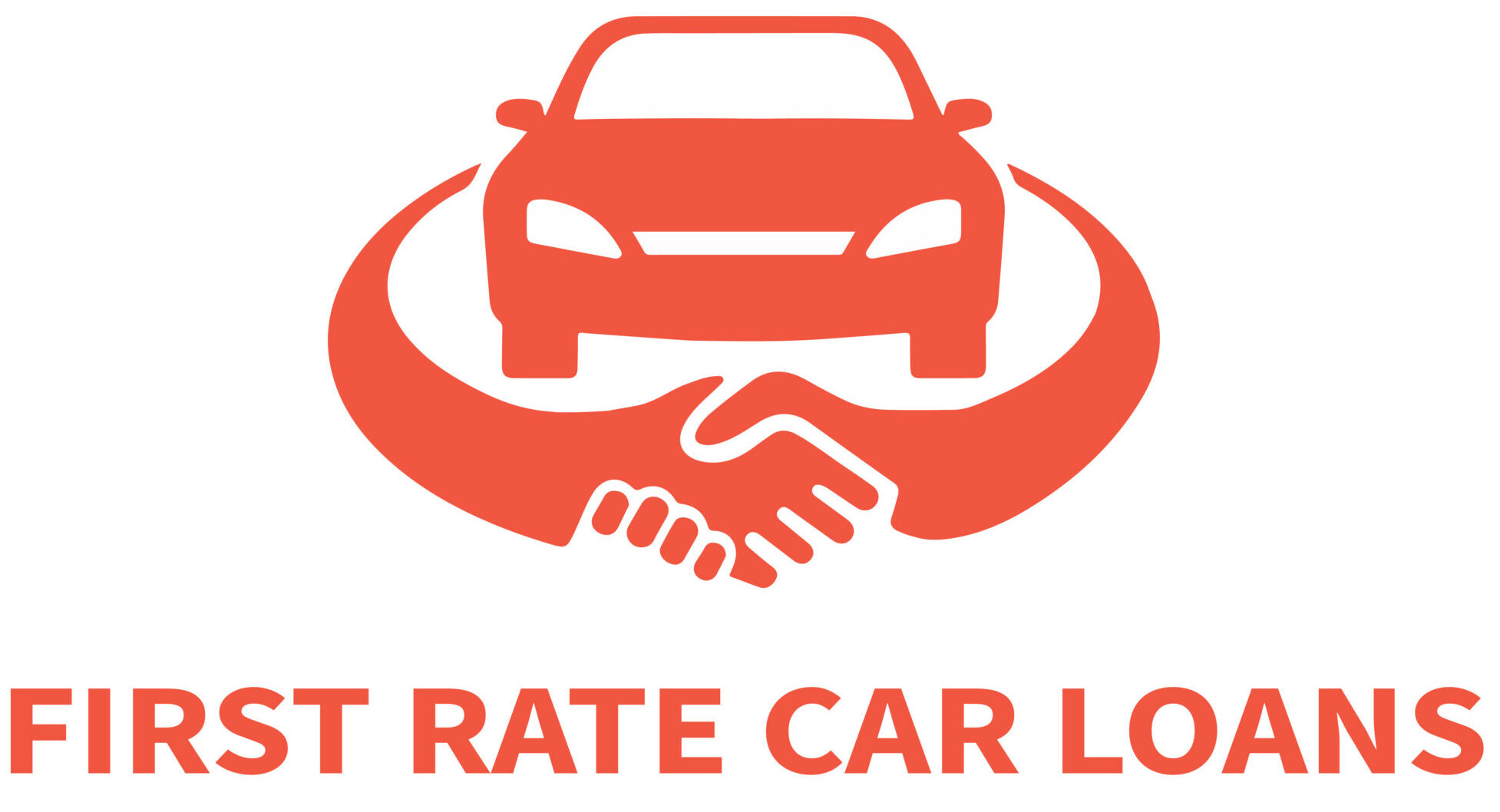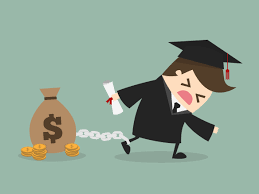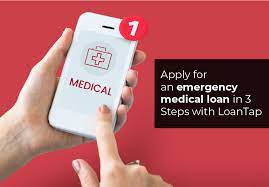These tips can help you manage your student loan debt, whether you are just graduating, taking a break from college, or already have started repaying them. This means you can avoid fees and additional interest costs, keep your payments affordable, protect your credit rating, and save money on your student loans. This section contains important information for those who are having difficulty finding work or paying their bills on time.
1. Know your Loans:
It is important to keep track the balance, lender, and repayment status of each student loan. These details will determine how you can repay your loan or forgive it. Ask your lender. Log in to view all federal loans and their loan amounts. You can also see which lender you are dealing with and your repayment status. You may have private loans that are not listed. If you are still looking for the billing statement or original paperwork, they may be private (non-federal) loans. If you are unable to locate the records, contact your school.
2.Know your grace period:
Different loans have different grace periods. The grace period is the time you have to wait before making your first payment after you leave school. Federal Stafford loans are subject to a six-month grace period (sometimes called Subsidized or Unsubsidized loans), and federal loans are subject to a nine-month grace period. You may be eligible for a six-month delay on federal PLUS loans (see details, , and ). Private student loans have different grace periods. Check your paperwork or get in touch with your lender to learn more. Make sure you make your first payment on time!
3.Keep in touch with your lender:
Tell your lender immediately if you make any changes to your email address or phone number. It can cost you a lot if your lender has to contact you and your information doesn’t exist. Every piece of mail you receive regarding your student loans should be read. Pay attention to unwanted calls from your lender, collection agency or lender. Talk to them! Lenders should work with borrowers to solve problems. Collection agencies must follow certain rules. Neglecting bills or other serious issues can lead to default which can have severe and long-term consequences.
4.Choose the right repayment option:
If you don’t choose another plan, the standard 10-year repayment plan will be used for your federal loan payments. There are many options if the standard payment needs to be lowered. You can also change your plans at any time. While extending your repayment term beyond 10 years may lower your monthly payment, you will end up paying more interest over the course of the loan’s life. Income-Driven Repayment Plans (IDR) that limit your monthly payments to a percentage of your annual income and forgo any remaining debt after a maximum of 25 years, depending on which plan you choose. For borrowers working in the public or non-profit sectors, forgiveness may be possible after 10 years of making these payments (see tip 10). Visit to learn more about income-driven repayments and how they could work for you.
Private loans are not eligible to IDR or any of the federal loan payment plans or deferments, forbearances or forgiveness programs. The lender may grant forbearance for a fee or allow you to make interest-only payment for a certain period. Talk to your lender about the repayment options available.
5.Don’t Panic:
You have many options when it comes to managing federal student loans. There are legal ways to temporarily delay your federal loan payments. These include deferments or bearance. If you’re experiencing temporary hardships, such as a gap in your employment, deferment or forbearance might be the best option. Be aware that interest accrues on all types of loans during forbearances and some loans during deferment. This can increase your total debt. Ask your lender about interest-only payments if it is possible.
Income-driven repayment plans (IDR) are available if you anticipate your income will be lower than you had hoped for over a few months. If your income is low, the IDR payment you will need to make can be as low as $0. For more information on IDR and other repayment options, see tip 4.
6.Keep out of trouble:
Neglecting student loans can have serious consequences that could last a lifetime. default and delinquency can result from not paying. Federal loans are subject to default if you have not paid your loan for at least nine months. If you default on federal loans, your entire loan balance becomes due. Your credit score is affected, your total debt increases and the government can garnish wages and seize tax refunds. Private loans can be more severe and could put you and your co-signer at risk. If you are in danger of defaulting, contact your lender immediately. You can also find helpful information at.
7.Prepay If You Can:
You can reduce the interest that you pay over the loan’s life if you are able to afford to make more than the monthly payment. If you want to pay your loan down faster, send a request to your lender requesting that the additional amount be applied to your loan balance. Then, continue to make your monthly payments. Your prepayment may be automatically credited to a future payment and you might not be billed for next month.
8.The most expensive loans should be paid off first:
If you are considering paying off one or more loans earlier than planned, choose the one with the highest interest rate. You should consider private loans if you have federal loans. They almost always have higher interest rates, and don’t offer the flexibility and protections that federal loans have.
9.To consolidate or not to consolidate:
A consolidation loan combines multiple loans to create one monthly payment with a fixed interest rate. These pros are worth considering. Consolidating federal student loans can be done on StudentLoans.gov. If you are looking for private consolidation loans, make sure to shop around for the lowest or most fixed interest rate. Consolidating federal loans into private student loans is a bad idea. You’ll lose all repayment options and borrower benefits, such as unemployment deferments or loan forgiveness programs.
10.Loan forgiveness:
If you work in certain areas or for certain employers, there are many programs that will forgive your federal student loans. Public Service loan forgiveness is a federal program which forgives student debt after 10 years of qualifying payments. It’s available to people working in government, nonprofit, or other public service positions. has more information. Teachers, PeaceCorps volunteers and AmeriCorps nurses have other options for federal loan forgiveness.




